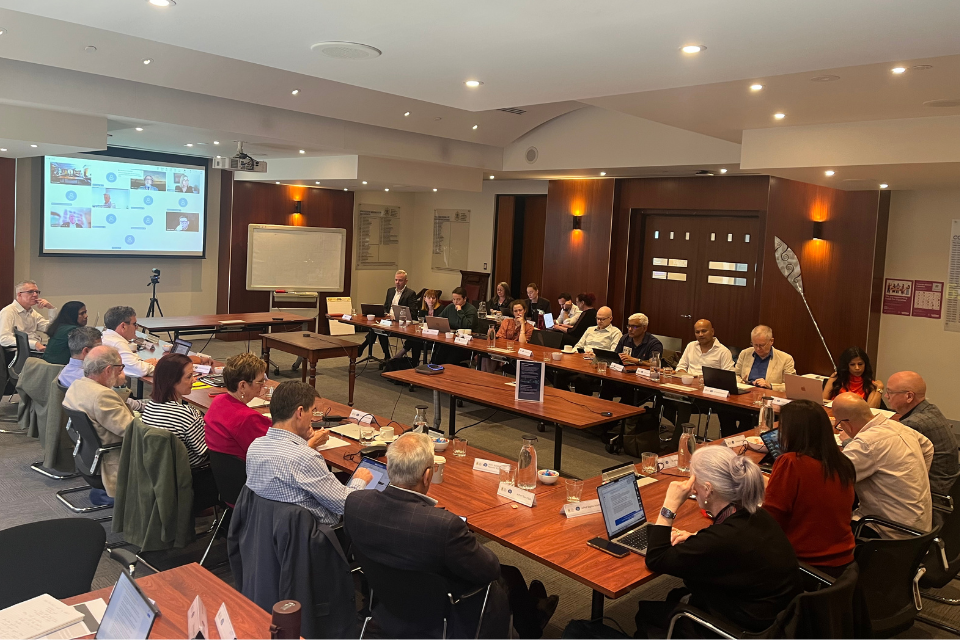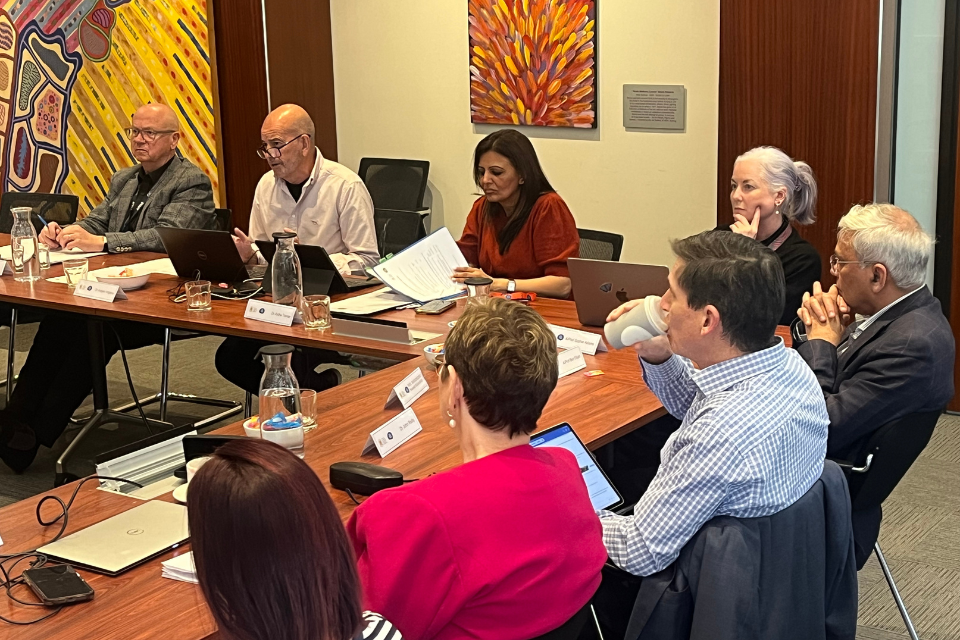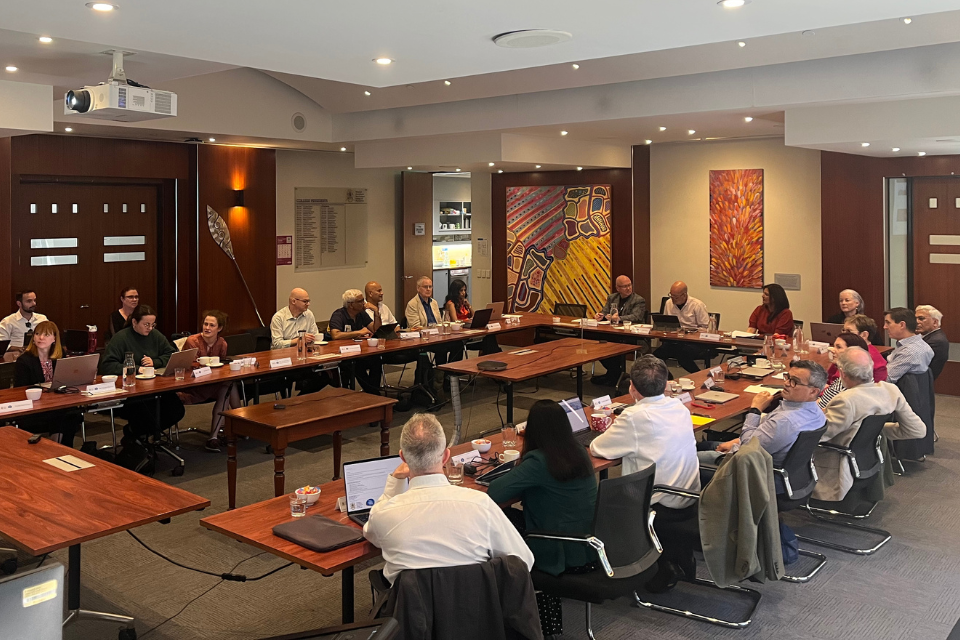
Securing the future: Addressing the psychiatry workforce crisis
14 Nov 2025
Update
Leading psychiatrists from across Aotearoa New Zealand and Australia joined senior public health officials and mental health professionals to address the psychiatry workforce crisis that threatens the sustainability of mental healthcare across both nations.
The Royal Australian and New Zealand College of Psychiatrists’ Workforce Summit on 14 November recognised the significant and continually increasing gap between the demand for psychiatric care and the availability of psychiatrists to provide it.
This is particularly prevalent in the public system, where increasing service demand is not being matched by workforce growth. A recent Australian Government Psychiatry Supply and Demand Study found community demand for psychiatric services will far outstrip supply over the next 25 years, with a projected 20.7% undersupply of psychiatrists by 2048. Despite real progress with the Government and new training places, Aotearoa New Zealand continues to have one of the lowest psychiatrist-to-population ratios in the OECD.
The implications of the psychiatrist workforce crisis for the public are profound, including, reduced access to care, inequitable care especially for people in rural and remote areas, increased system pressure particularly on emergency departments, and lower quality care with psychiatrists being overextended in their work.
“As psychiatrists, along with consumers, carers, and various other health workers, we face and understand the realities of a broken system with limited capacity to meet the needs of the person struggling with symptoms and impact of mental illness,” said RANZCP President Dr Astha Tomar.
“We see it as our responsibility to be a part of the problem-solving. Today is about harnessing that knowledge to set our priorities, strengthen our collective advocacy, and make sure people with mental illness don’t get lost in the health system.” 


More news & views
RANZCP trainees or Fellows who are passionate about training or practising psychiatry in a rural loc...
 06 November 2025
06 November 2025
Every now and then, I find myself asking: What really gives meaning to the work that we do, as psych...
 30 October 2025
30 October 2025
Another month has come to a close and another edition of Psyche has hit your inbox. Today, before yo...